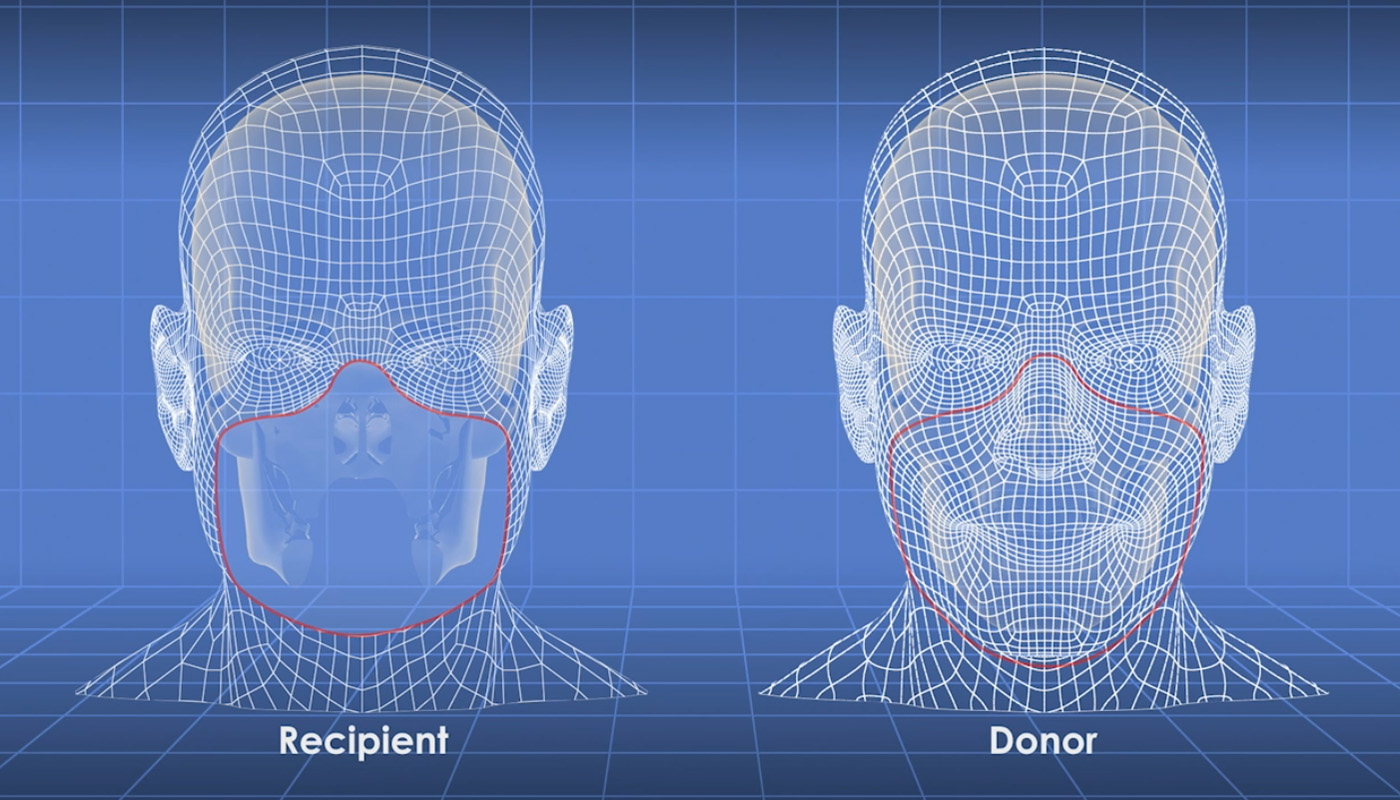UCLA offers first facial reconstruction program to patients in West Coast

Patients will undergo facial reconstruction in new UCLA Health System program.
Courtesy of Roxanne Moster
By Golmah Zarinkhou
May 29, 2012 2:53 a.m.
Correction: The original version of this article contained multiple errors. Surgeons agreed to donate their time to the program. Funding will come from UCLA Medical Center, much of which is philanthropic support.
To aid patients with severe facial abnormalities, the UCLA Health System launched a face transplantation program last week ““ the first in the western United States.
People with facial disfigurements have scars that go deeper than the physical ““ they deal with issues with social interaction, eating and confidence, said Dr. Kodi Azari, principal investigator of the program and chief of reconstructive transplantation.
Azari was the lead surgeon at the medical center for the first hand transplant on the West Coast about a year ago.
“It’s really a natural extension of that to start this type of program,” he said.
Through the new program, patients will undergo a series of surgeries to reconstruct their faces. They will also receive support during the recovery process as the body becomes accustomed to the foreign tissues.
Surgeons agreed to donate their time to the program and do the operations for free.
James Bradley, a plastic surgeon who specializes in facial reconstructive surgery, will be on board as a surgeon for the program.
He said that in the past he has treated a 25-year-old man with a bomb injury that had severely deformed his face ““ an example of one of the potential beneficiaries of the program.
During the transplants, two teams will work simultaneously in the operating room, Azari said. One will remove the unhealthy tissues from the patient while the other will harvest the same tissues from the donated body. Surgeons will fix bones, reconstruct muscle and painstakingly stitch nerves together under a microscope before joining veins and arteries to give the face life.
As a five-year clinical trial, the program will cost about $600,000 to $800,000 per patient, Azari said. Funding will come from UCLA Medical Center, much of which is philanthropic support, he said.
Azari said though he expects a lot of patient interest, it will be difficult to meet all the criteria and locate a matching donor in part because of possible complications with how the patient’s body responds to the donor’s tissues.
To be eligible for the face transplantation program, patients must be American citizens between the ages of 18 and 60, generally healthy, free from significant infectious disease issues and have major facial injuries, among other requirements.
The fields of facial reconstruction and transplantation are only beginning to merge, so the trials are considered experimental, Azari said.
UCLA’s Operation Mend, a pioneering program that offers war veterans facial and hand reconstructive surgery, will help fund any military patients who join the transplantation program, Azari said.
He said a driving force behind his desire to conduct the trials is to improve the quality of life for American soldiers injured in the two ongoing wars.
“When somebody meets you, the first thing they do is look you in the face. It’s the most exposed human body part,” Azari said. “You can’t take your face off.”
The primary weapons used against American forces in Iraq and Afghanistan are improvised explosive devices, said Lt. Col. Shawn Phelps, a professor of military science. Packed into vehicles and buried under rocks or shrapnel in the road, Phelps said the crude bombs cause fatalities and severe burns.
Insurance companies will not cover the surgeries while they are conducted under the trial program, Azari said.
He added that the trial also raises ethical questions about the use of lifelong medication to control how the immune system responds to the transplant.
If a face transplant patient’s body manages to accept immune cells from the donor, the results could be significant for the future of medicine, Azari said.
The program is currently looking for interested patients to evaluate before it can start the trials.


